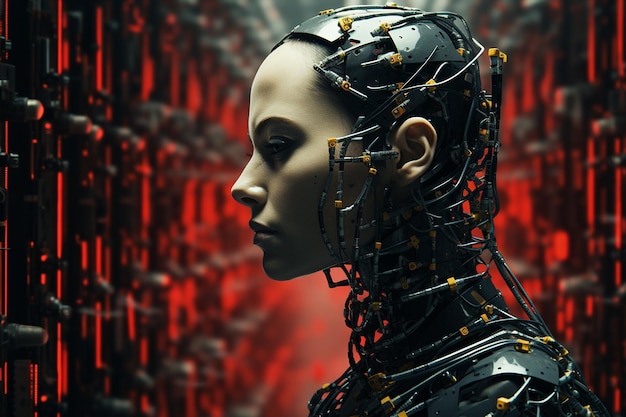The Rise of Artificial Intelligence and the Ethical Dilemma
Artificial intelligence has undeniably reshaped our daily lives, making tasks more efficient, decisions faster, and access to information more convenient. However, as we increasingly depend on AI, a pressing question emerges: what are the hidden costs of this technological advancement?
AI is now capable of replacing human labor in numerous industries. It can simulate conversations, create content, predict outcomes, and even control autonomous weapons. Despite these capabilities, AI lacks the essential qualities that define humanity—empathy, ethical judgment, and emotional intelligence.
The primary concern lies in allowing AI systems to make critical decisions that impact human lives without proper oversight. Imagine a future where algorithms determine the outcomes of justice, education, or healthcare without room for compassion or understanding of context. This scenario raises serious ethical and moral questions about the role of technology in shaping our society.
Policymakers and developers have a crucial responsibility to ensure that AI is not only intelligent but also safe and equitable. Innovation must be guided by strong ethical principles. It is imperative to engage in meaningful discussions about the risks associated with AI before they become irreversible.
Key Concerns Surrounding AI
- Lack of Human Qualities: AI cannot replicate empathy, ethics, or emotional intelligence, which are vital in many decision-making processes.
- Potential for Misuse: The ability of AI to operate weapons or influence critical sectors like justice and healthcare raises concerns about its misuse.
- Need for Oversight: Without robust checks and balances, AI could lead to biased or harmful outcomes that affect individuals and communities.
The Importance of Ethical Development
As AI continues to evolve, it is essential to prioritize ethical development. Developers must consider the long-term implications of their creations and implement safeguards to prevent harm. This includes ensuring transparency in AI operations, promoting fairness, and addressing biases that may be embedded in algorithms.
Moreover, public awareness and education about AI are crucial. People need to understand how AI works and its potential impact on their lives. Informed citizens can contribute to the ongoing dialogue about AI’s role in society and advocate for responsible use.
A Call to Action
The time to address the challenges posed by AI is now. Governments, organizations, and individuals must collaborate to establish frameworks that promote accountability and ethical standards. This includes creating regulations that protect individuals from potential harms while encouraging innovation.
In conclusion, while artificial intelligence offers significant benefits, it also presents complex ethical dilemmas. By focusing on safety, fairness, and human values, we can harness the power of AI in a way that serves the greater good. The future of AI depends on our ability to balance progress with responsibility.







